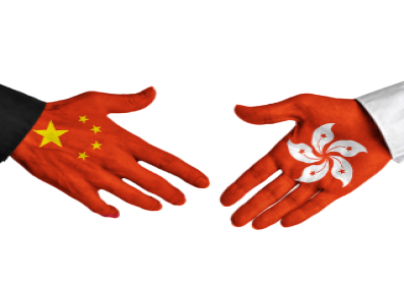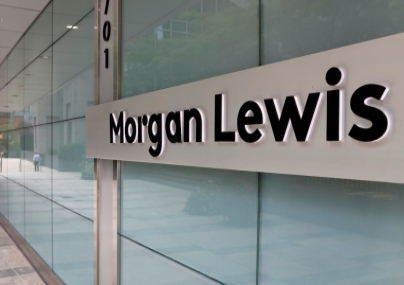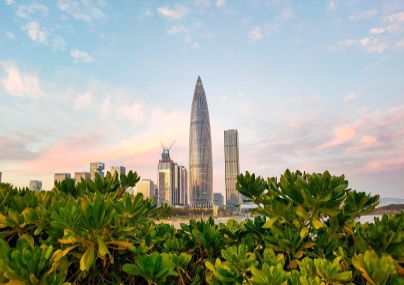By Li Hui and Adam Jourdan
Skip to
Three former Chinese employees of GlaxoSmithKline PLC, which is embroiled in a long-running corruption probe in China, are seeking compensation for illegal dismissal from their jobs, a lawyer representing them told Reuters.
The plaintiffs are seeking two months' pay for each year of their employment from Britain's biggest drugmaker for dismissing them between April and May for expenses that were "not compliant with company regulation," Shanghai-based Liu Feng said.
They are also seeking reimbursement for unpaid expenses, the lawyer added. Some former sales staff at GSK were laid off with unpaid expenses, part of which were used to pay doctors and hospital staff with approval from their managers.
In some cases, the unpaid expenses were worth more than 200,000 yuan ($32,200), according to Liu.
The labour dispute arbitration committee in Shanghai's Huangpu district will hear the case on Thursday.
A similar labor arbitration case filed by a former GSK salesperson was heard in the central province of Henan in May. That plaintiff, who did not want to be named, said by telephone that the decision would be issued soon.
While any compensation GSK could end up paying will be relatively minor, it is another headache for the drugmaker and could further tarnish its reputation in the Chinese market.
Back to topExecutives arrested
Chinese police in May charged Briton Mark Reilly, the former head of GSK in China, and two Chinese executives for allegedly orchestrating a widespread network of bribery to promote sales in the biggest corruption scandal to hit a foreign firm in China since 2009. Prosecutors are reviewing the case.
"The workers think the company is very dishonest and its attitude abominable. They are very dissatisfied with the company's actions," Liu said in a telephone interview.
In an email, a GSK spokesman in China declined to comment on individual cases. But he said that a "single digit" number of Chinese ex-employees, who had been dismissed because of issues related to expenses, had brought cases against the firm through labor arbitration channels.
"We have zero tolerance to expense fraud, and where we have found potential issues, we have thoroughly reviewed them and taken disciplinary action including dismissal where appropriate," he said.
The spokesman added that GSK's process for evaluating expense claims was "a robust, multistage process which involves independent third-party review and follows Chinese Employment Law."
He declined to comment further on the allegations from the ex-employees about GSK's conduct.
Liu said about two dozen other former GSK staff had contacted him about filing similar cases, but they were waiting to see the outcome of the Shanghai case.
"My expenses were approved by my manager ... but they are saying it was a personal action not a company one," said one of the plaintiffs, speaking on condition of anonymity.
The same plaintiff added that, during recent dismissals, GSK urged some China employees to resign and told them that if they did not, their contract would be terminated and the company would give them a bad reference reflecting problematic expenses.
Back to topSmall proportion
GSK has declined to specify the number of staff that were dismissed as result of a crackdown on illegal expenses, but a source familiar with the matter told Reuters that it was a very small proportion of the company's total workforce in China of around 7,000.
GSK is facing the biggest corruption scandal to hit a foreign company in China since the Rio Tinto affair in 2009, which resulted in four executives, including an Australian, being jailed for between seven and 14 years.
The allegations against GSK have damaged its reputation, thrown its China management team into turmoil and forced it to change its China business model, although the firm says head office had no knowledge of the alleged wrongdoing.
China is a key growth market for large drugmakers, which are counting on its swelling middle class to offset declining sales in Western countries.
China is set to be the second biggest pharmaceuticals market behind the United States within three years, according to consultants IMS Health.
But bribery between sales staff and doctors is believed to be rife in the world's second biggest economy, and it remains to be seen whether the GSK case will be a one-off or the first of a broader campaign to clean up the Chinese health sector.
Other large international drugs manufacturers including Novo Nordisk A/S, AstraZeneca Plc, Sanofi SA, Eli Lilly & Co and Bayer AG were also visited by Chinese officials in 2013 as part of a broad investigation into the business.
Back to top


